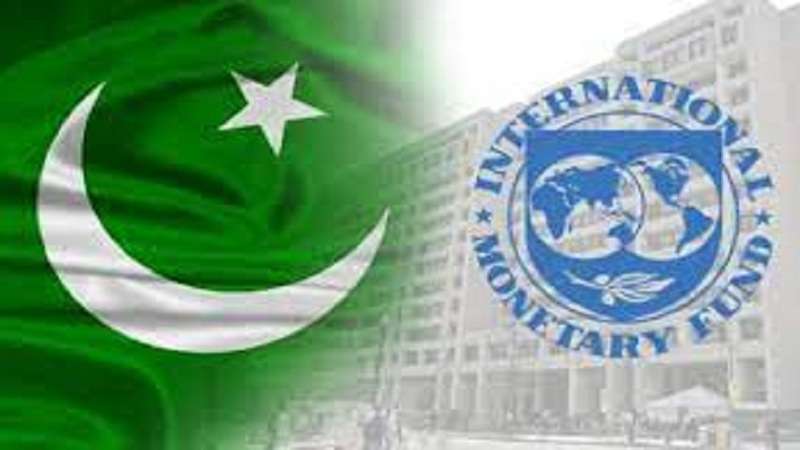Pakistan is poised to secure a new loan deal with the International Monetary Fund (IMF) by the end of June or early July, according to the country’s Finance Minister for Finance and Revenue, Muhammad Aurangzeb.
As Pakistan’s current nine-month Standby Arrangement (SBA) with the IMF nears completion, discussions have commenced to negotiate a new agreement aimed at stabilizing the national economy.
In an interview with Bloomberg on the sidelines of the IMF and World Bank 2024 Spring Meetings in Washington DC, Minister Aurangzeb expressed optimism about reaching a staff-level agreement with the IMF by late June or early July. Securing a new IMF deal would provide a much-needed boost to Pakistan’s dollar bonds and stock market, which have shown strong performance since the inception of the current IMF loan in July last year.
The IMF executive board is expected to approve the final disbursement of $1.1 billion later this month under the existing $3 billion SBA loan facility. Pakistan’s timely repayment of a $1 billion overseas bond last year, coupled with efforts to avert a debt default, reflects the government’s commitment to managing its financial obligations effectively.
Minister Aurangzeb reassured that Pakistan does not anticipate significant currency devaluation as part of its negotiations with the IMF. He emphasized the country’s robust foreign exchange reserves, stable currency, rising remittances, and steady exports as factors contributing to a stable economic outlook.
While previous IMF loans to Pakistan have often been accompanied by substantial currency devaluations, Minister Aurangzeb expressed confidence that such drastic measures would not be necessary this time. He cited the government’s focus on strengthening industries such as agriculture and information technology to drive economic growth above 4 percent in the coming years.
The newly elected government is committed to addressing key economic challenges, including high inflation and low growth, by broadening the tax base, improving debt sustainability, and revitalizing the energy sector. These efforts aim to lay the foundation for sustainable economic development and prosperity.
As Pakistan continues its dialogue with the IMF and works towards securing a new loan agreement, stakeholders will closely monitor developments to gauge the impact on the country’s economic trajectory. The successful conclusion of negotiations with the IMF is expected to instill confidence among investors and support Pakistan’s efforts to achieve long-term economic stability and growth.
